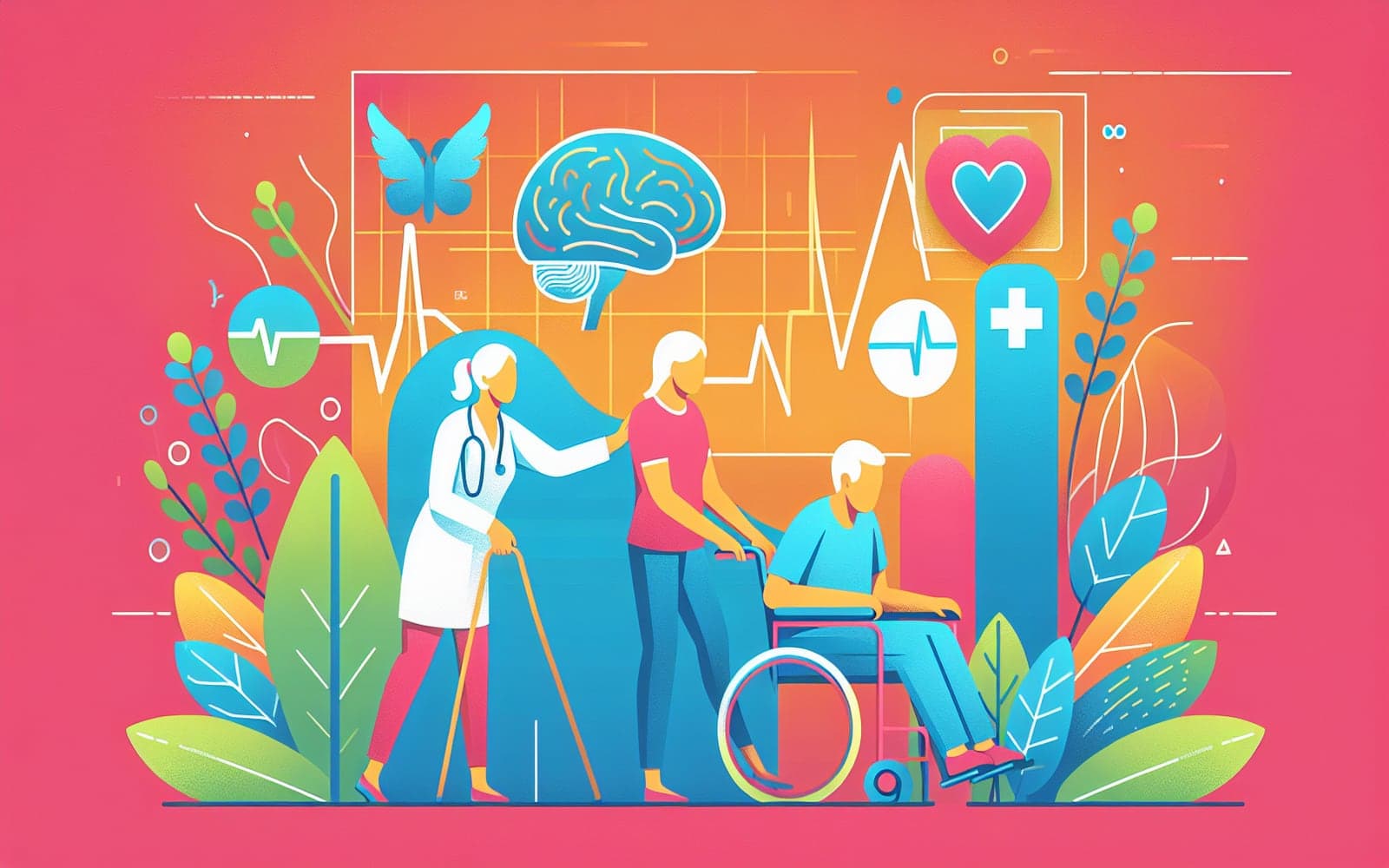Tremors 101: What You Need to Know About This Common Movement Disorder
Published: Jun 29, 2024
Tremors are involuntary shaking movements that affect millions of people. But what exactly causes these uncontrollable trembles, and how can they be treated?
Contents
What Are Tremors?
A tremor is an involuntary, rhythmic muscle movement that causes shaking in one or more parts of the body. It's like your body is doing a tiny dance that you can't control. Tremors most commonly affect the hands, but can also occur in the arms, head, vocal cords, torso, and legs. They can happen when you're moving (action tremor) or when you're still (rest tremor).
Common Types of Tremors
There are several types of tremors, each with different causes. Essential tremor is the most common, affecting up to 5% of people. It usually involves shaking in the hands and arms. Parkinsonian tremor is associated with Parkinson's disease and typically occurs at rest. Enhanced physiologic tremor is a temporary shaking caused by factors like caffeine, stress, or certain medications. Other types include cerebellar tremor, psychogenic tremor, and orthostatic tremor.

Diagnosing Tremors
If you're experiencing tremors, your doctor will likely start with a physical exam and detailed medical history. They'll observe when and where the tremor occurs and may ask you to perform tasks like drinking from a glass or writing. Blood tests can check for thyroid issues or other conditions. In some cases, imaging tests like MRI or CT scans may be used to look for underlying brain abnormalities.
Treatment Options
Treatment depends on the type and cause of tremor. For essential tremor, medications like propranolol or primidone are often prescribed. Parkinsonian tremors may improve with Parkinson's medications. Botulinum toxin injections can help some types of tremors. For severe cases, deep brain stimulation surgery is an option. Lifestyle changes like reducing caffeine and managing stress can also help. Physical or occupational therapy may teach coping strategies.
Frequently Asked Questions
Usually not, but they can interfere with daily activities.
There's no cure, but treatments can often reduce symptoms.
No, there are many other causes of tremors.
It varies, but essential tremor often begins in middle age.
Yes, though it's less common than in adults.
Shaking Up Your Understanding
While tremors can be frustrating, understanding their causes and treatment options can help you regain control.
References
- Bhatia KP, et al. Consensus Statement on the classification of tremors. Mov Disord. 2018;33:75-87.
- Jankovic J, Fahn S. Physiologic and pathologic tremors. Ann Intern Med. 1980;93:460-465.
- Louis ED. Clinical practice. Essential tremor. N Engl J Med. 2001;345:887-891.
This article has been reviewed for accuracy by one of the licensed medical doctors working for Doctronic. Always discuss health information with your healthcare provider.
AI Doctor Visit Required
Appointments available 24/7
15-min consultation. No hidden costs.
AI Doctor Visit Required
For safety reasons we have been forced to end this consultation.
If you believe this is a medical emergency please call 911 or your local emergency services immediately.
If you are experiencing emotional distress, please call the the Suicide & Crisis Lifeline at 988 or your local crisis services immediately.
Contact us
You can also email us at help@doctronic.ai
We aim to reply within 5-7 days
How likely are you to recommend Doctronic to friends or family?


